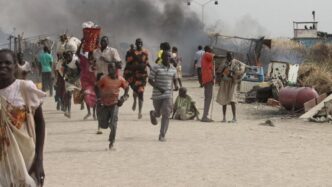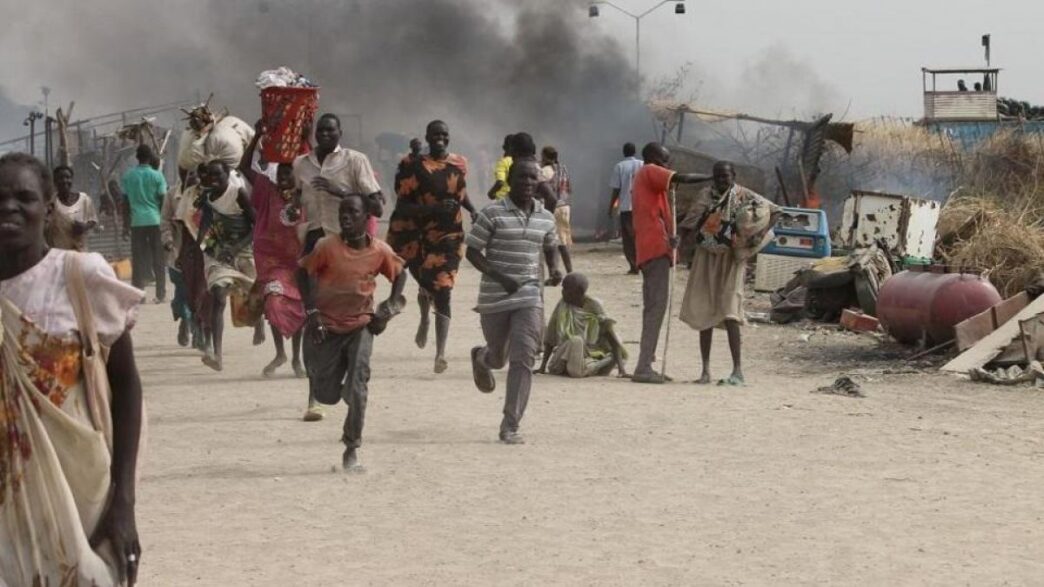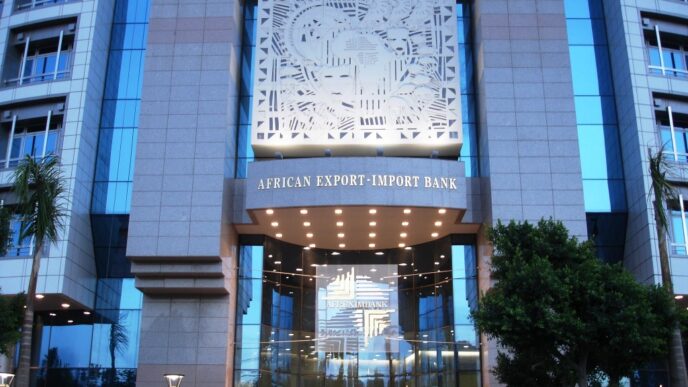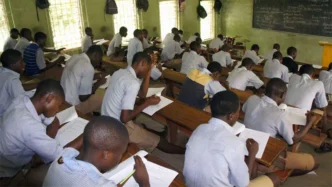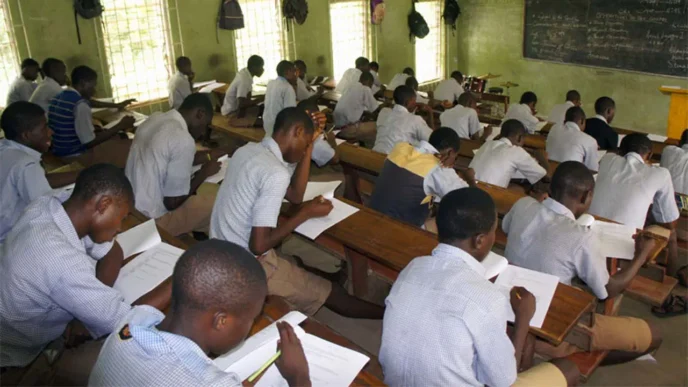Benue State, once a thriving agricultural hub in Nigeria’s Middle Belt, has been ravaged by over a decade of violence that has turned the region into a humanitarian disaster. The persistent conflict between local farmers and pastoralist groups, particularly Fulani herders, has escalated from sporadic clashes to a widespread crisis that has displaced over two million people and left thousands dead.
The Escalation of Conflict
The crisis, which started as localised clashes between farmers and herders over land use and grazing rights, has progressively intensified. According to data from SBM Intelligence‘s Violence Tracker, violent incidents surged dramatically between 2013 and 2018, particularly in areas like Agatu and Guma, where massacres claimed hundreds of lives. By 2024, the conflict had expanded to new regions, with towns like Gwer West and Apa now seeing their own violent episodes.
The worst of these attacks was witnessed in Yelwata in June 2025, where armed assailants massacred over 200 people, displacing 3,000 residents. Local eyewitnesses described the attackers as armed Fulani militants from across the border in Nasarawa State. Despite early warnings and military presence in nearby communities, the Nigerian Army’s failure to intervene in time raised serious questions about the effectiveness of security operations.
A Systemic Humanitarian Crisis
The violence has uprooted thousands of families, forcing them to seek refuge in Internally Displaced Persons (IDP) camps. According to the Benue State Emergency Management Agency (SEMA), approximately 500,000 people were displaced as of December 2024, with that number expected to rise. The displacement has led to a devastating decline in food production, severely affecting Benue’s role as Nigeria’s breadbasket.
The IDP camps, such as those in Makurdi, have become overcrowded, with aid agencies like Save the Children struggling to meet the overwhelming needs of displaced families. Necessities like food, water, and medical care remain in short supply, and many IDPs have experienced multiple cycles of displacement since the violence began in 2013.
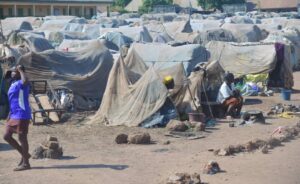
Inadequate Security Response
The Nigerian government’s response to the crisis has been criticised as insufficient and poorly coordinated. Although the state government enacted an Anti-Open Grazing Law in 2017 and established the Benue Livestock Guard to enforce it, the law has exacerbated tensions with pastoralist communities. The federal government’s Rural Grazing Area (RUGA) program, which seeks to create ranches across Nigeria, has also faced resistance, especially in the Middle Belt, where the law conflicts with the local government’s stance.
Security forces, including the Operation Whirl Stroke (OPWS), tasked with combating insecurity in the region, have been unable to curb the violence effectively. Their reduced operations from 2019 onwards have coincided with a sharp increase in fatalities, suggesting a direct link between the scaling back of military presence and the rising number of attacks.
The Impact of Inter-Ethnic Tensions
While the conflict is often framed as a simple farmer-herder dispute, deeper ethnic and interstate factors play a crucial role. Historically, the Tiv and Fulani have coexisted peacefully, but decades of colonial policies, economic shifts, and the erosion of traditional land management systems have fueled resentment. The Yelwata Massacre, for instance, was sparked by a land dispute allegedly facilitated by political elites from both Benue and Nasarawa States, further complicating the security situation.
Interviews with local leaders indicate that there have been instances where traditional leaders have been accused of accepting payments from herders, which worsened tensions and triggered violence when these informal agreements were not honoured.
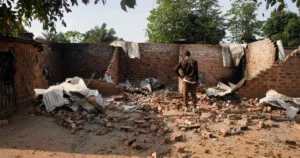
A Cycle of Violence and Governance Failure
The inability of both state and federal governments to address the root causes of the conflict has perpetuated a cycle of violence. As President Bola Tinubu recently described the violence, it is often reduced to a “communal clash”, a perspective sharply rejected by local leaders. The Tor Tiv, Professor James Ayatse II, has called the crisis “genocide”, underscoring the systemic nature of the attacks, which are increasingly viewed as part of a larger territorial and ethnic cleansing agenda.
The Path Forward
To break the cycle of violence, experts suggest that security-focused responses alone will not suffice. There is an urgent need for inter-ethnic dialogue, effective land governance, and accountability for security agencies. Local leaders, civil society organisations, and international NGOs are calling for a more inclusive and structured approach to conflict resolution, one that addresses the socio-political dynamics at play.
Until these systemic issues are resolved, the situation in Benue will continue to deteriorate, leaving a growing humanitarian crisis in its wake. Benue’s conflict serves as a stark reminder of the importance of comprehensive governance and intergovernmental collaboration in tackling Nigeria’s escalating security challenges.


 Trending
Trending 
